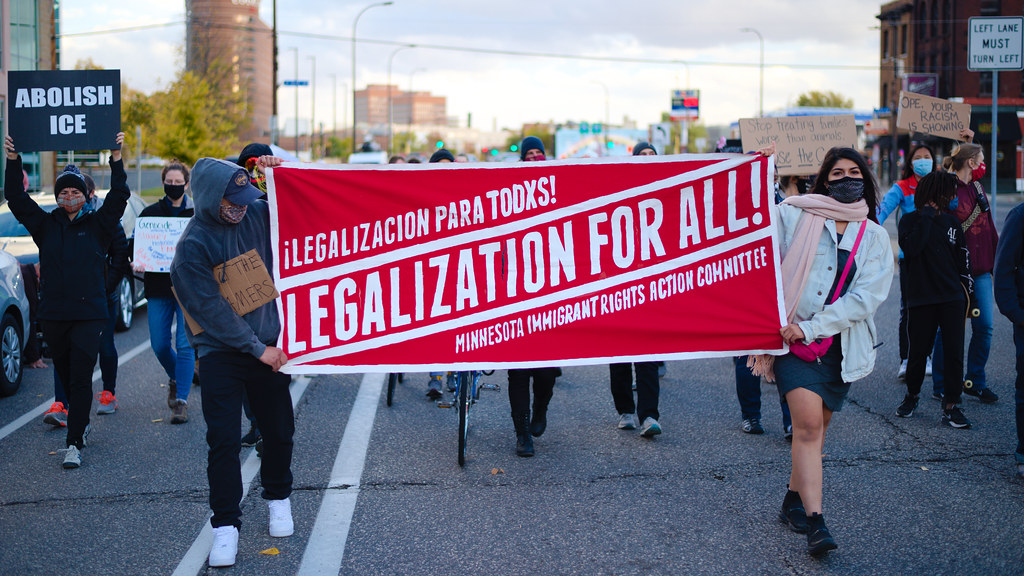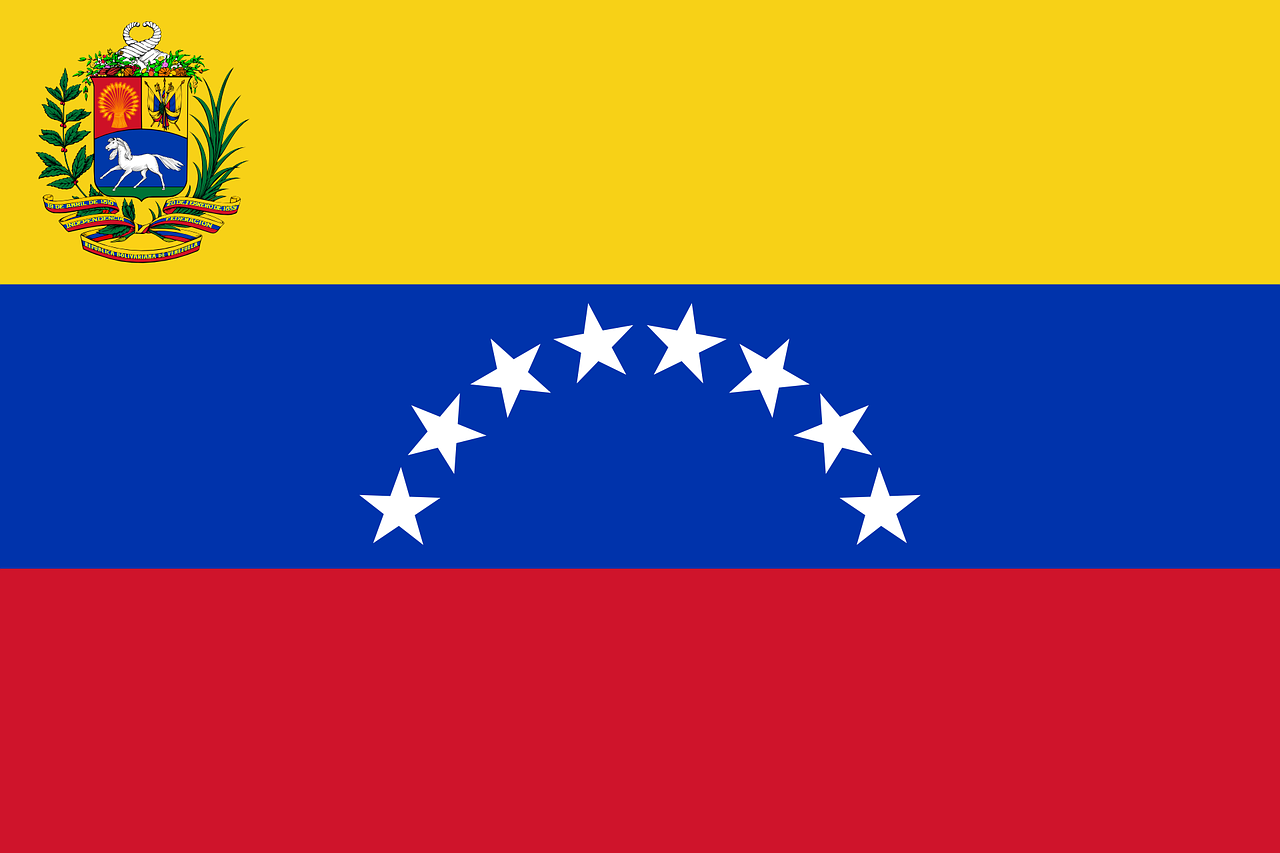Watch the Press Conference here.
On Wednesday February 26th House lawmakers reintroduced the American Dream and Promise Act of 2025—a bill that would create a legal pathway to citizenship for undocumented immigrants brought to the United States as children known as “Dreamers.” The bill would also include beneficiaries of Temporary Protected Status or Deferred Enforced Departure.
The Deferred Action for Childhood Arrivals (DACA) program was first created in 2012 by the Obama administration to protect eligible undocumented immigrants who were brought to the U.S. as children from deportation, while allowing them to apply for work authorization for temporary, renewable periods.
After a lengthy legal battle, the U.S. Court of Appeals for the Fifth Circuit allowed the U.S. Citizenship and Immigration Services (USCIS) to continue to accept and process DACA renewal applications and accompanying applications for employment authorization. However, USCIS is prohibited from processing initial requests for DACA.
In a statement accompanying the reintroduction of the bill, Congresswoman Sylvia Garcia, one of its authors said, “Dreamers are American in every way but on paper. For decades, they have contributed to and shaped the fabric of America. Yet, they are currently denied their place in the American story.
 Visa Lawyer Blog
Visa Lawyer Blog













